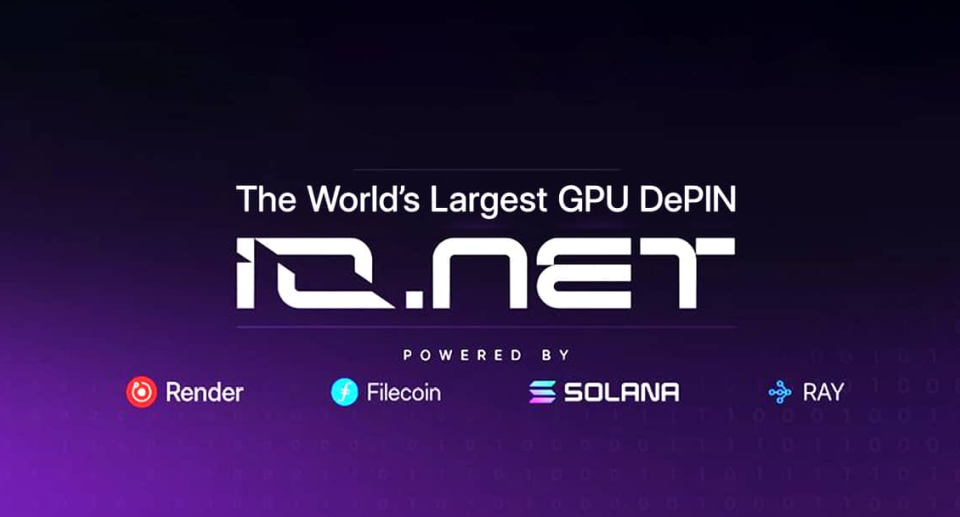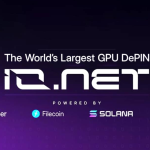io.net partners with Ritual Network to boost the AI computing landscape

- io.net partners with the AI network, Ritual.
- The strategic collaboration aims to disrupt the AI-compute sector.
Decentralized GPU network, io.net announces a strategic partnership with Ritual, an artificial intelligence (AI) network that simplifies the integration of AI models in applications, protocols, and smart contracts. The partnership between the two decentralized networks aims to disrupt the AI-compute sector, by combining their existing technologies.
Speaking on the latest partnership, Ahmad Shadid, founder of io.net, stated the two firms collaborated given they share similar goals and missions in the decentralized space. On Ritual’s partnership, Shadid explained the two firms had an “instant connection”, which led to them combining their potential synergies and collaborating.
“Ritual’s tooling, particularly their Infernet SDK and node client, aligns with our vision for enhancing GPU utilization and opening up new markets,” Shadid stated. “We’re excited to see how the partnership will attract more developers and enable groundbreaking use cases in AI computing.”
Ritual is currently building a sovereign chain for AI, utilizing software that enables decentralized inference, model marketplaces, and heterogenous proofs, along with modular tools that help bridge AI to on-chain workloads.
Akilesh Potti, co-founder of Ritual shared Shadid’s sentiments on the partnership, calling the partnership “a significant milestone for Ritual”.
“io.net’s extensive infrastructure and global compute access capabilities, combined with our AI stack, create a powerful synergy. Together, we are poised to unlock new possibilities and efficiencies to benefit developers and users alike,” Akilesh added.
The partnership will see io.net integrate Ritual’s infernet SDK, infernet node client and Ritual Chain components to help supercharge GPU utilization on io.net Cloud. This is expected to enhance the adoption of io.net and attract more developers to the platform, building new capabilities and utilities for the network.
The collaboration will also spark interest in the AI-compute sector, elevating the standards for the sector, and offering more cost-efficient, accessible, and innovative solutions to users and AI/ML engineers.

